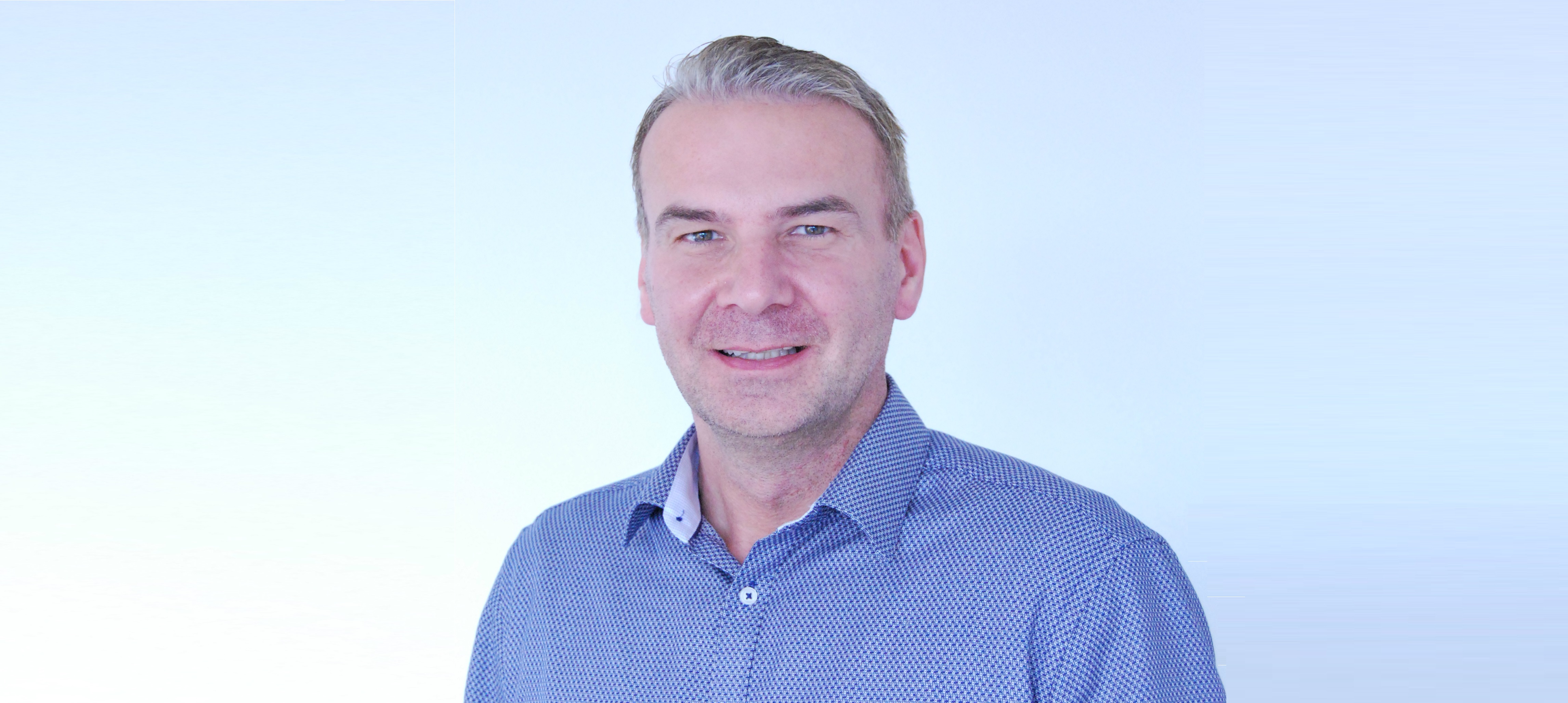In August 2015, I was diagnosed with atrial fibrillation and an arterial flutter. I knew something was wrong when I came off the athletics track after my regular training stint one day. I have been running at an international level for 35 years, and as a veteran sprinter still winning major races, I considered myself pretty fit.
But my heart was fluttering, and I could not get it to go back to normal. I had been suffering from heart flutters for over 12 months, and some days just walking along the road could make me feel breathless and dizzy. I had put it down to the stress of being the CEO of a busy company.
My heart continued to beat furiously, so I left the track and took myself off to A&E. The emergency doctor gave me a 24 hour heart monitor, and the diagnosis was soon confirmed. It quickly became clear that I could not have the standard treatment of beta blockers – my resting heart rate was low because of my fitness, and they could have killed me. The doctors offered me two drugs (apixaban, a blood thinner and flecainide, an anti-arrhythmic) or radiofrequency ablation, a procedure to correct my abnormal heart rhythm. After trying the two medications and experiencing quite considerable side effects, I decided to go with the ablation.
And at the same time, I made a really important decision for my own wellbeing. I would continue with my training, as I knew it would help me get through my treatment and ward off the anxiety and depression that some AF patients suffer from.
Needless to say, I consulted my heart specialists before exercising again – that was really important. Both the cardiologist and the electrophysiologist advised me to ease off and only do what I felt able to. For me, that meant running 60m instead of 100m!
I had my first ablation in October that year. It didn’t completely eliminate the flutter, but it helped. A second procedure was more successful, and I haven’t missed a heart beat in over two years. Ablation worked particularly well for me, but it may not be for everyone. It is not an easy procedure. You stay conscious but sedated, and the procedure may take a few hours, so it can be uncomfortable as you may need to life flat and keep still. But choosing it over drug treatment was the best decision for me. I feel better now than I ever did before – which consoled me when I turned 50 this year!
About six months after the second ablation, I was back competing in veteran races and this year as well as celebrating my 50th, I also qualified for and competed in the European Masters Athletics Championships in Denmark.
Not everybody with AF trains six days a week like me. But I hope the lessons I learned after being diagnosed with AF will help others.
First, get advice from your doctor about a safe level of exercise. Even if you only ever take a brisk walk every day with the dog, it’s important not to give up. Get the AF in perspective: this is a moment in time and you can get better. Find a level of exercise that is therapeutic, but is not going to make your AF worse.
Don’t be harsh on yourself. Getting AF allowed me to stop and reflect on my life up till now. I feel it has made me a better person overall – more thoughtful, and thankful for what I have.
Remember, you are not the only person who is going through this.
I wish you good health.
Malcolm McPhail, Life Leisure CEO

